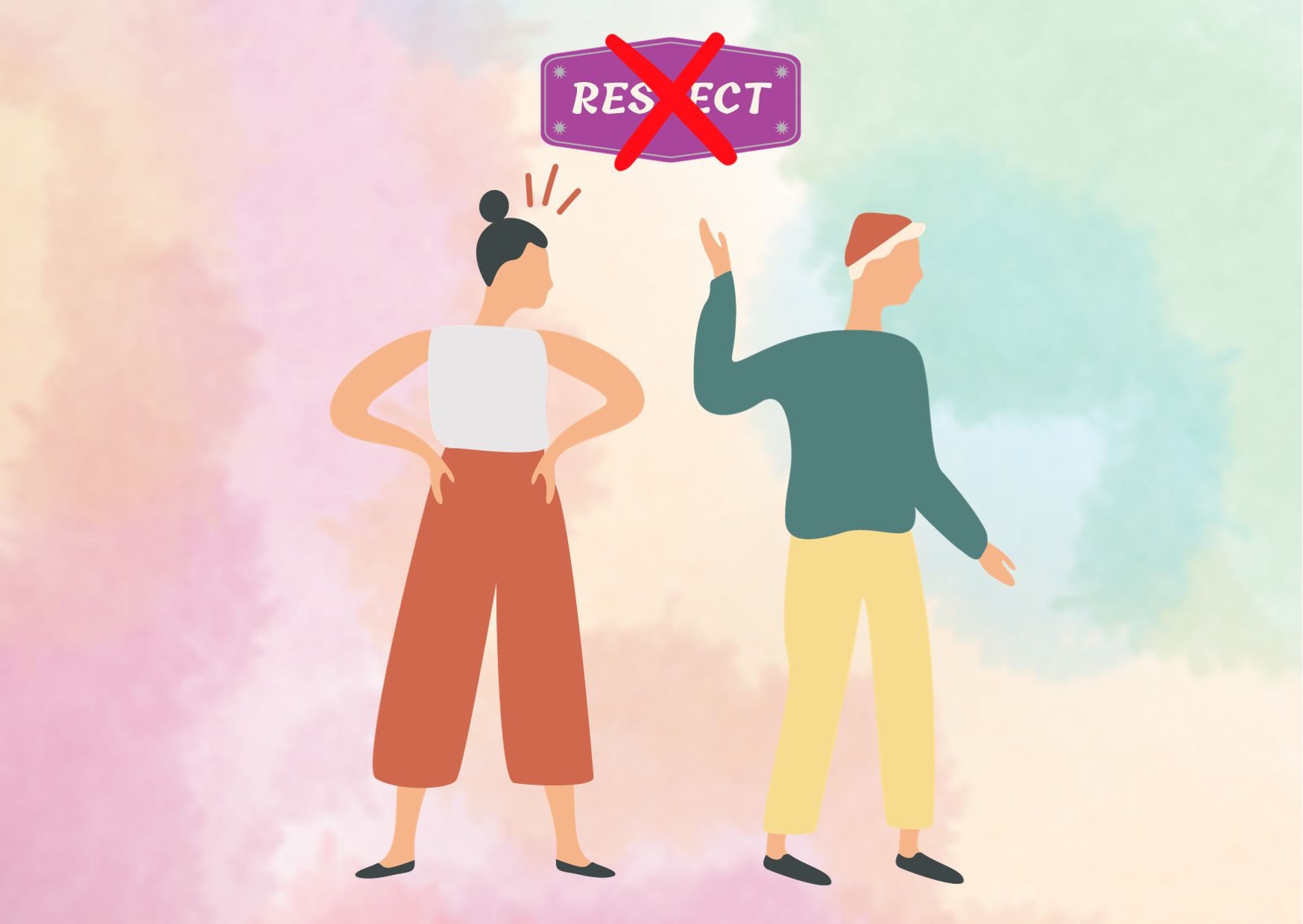Disrespectful Husband: Understanding and Dealing with Him
Introduction
In a marriage, mutual respect is crucial for a healthy and fulfilling relationship. Unfortunately, some husbands may exhibit disrespectful behavior towards their wives, which can be emotionally damaging and create a toxic environment. It’s important for women to recognize the signs of a disrespectful husband and learn how to effectively deal with the situation. In this article, we will explore the various signs of a disrespectful husband and provide practical strategies for improving the relationship.
Signs of a Disrespectful Husband
When a husband consistently fails to treat his wife with kindness, consideration, and regard, it is a clear indication of disrespect. Some common signs of a disrespectful husband include:
- Lack of honesty: If your husband is not completely honest with you, it can be a sign of disrespect. Honesty is a fundamental aspect of a healthy relationship, and when he withholds information or lies, it demonstrates a lack of respect for your feelings and trust.
- Disregard for your needs: A loving husband should prioritize your needs and strive to make you feel comfortable and valued. If your husband consistently fails to pay attention to your needs and only focuses on his own, it is a sign of disrespect in the marriage.
- Making comparisons: Comparing you to other women is a disrespectful behavior that undermines your self-worth. A husband who constantly compares you to others is not appreciating you for who you are and is disregarding your individuality.
- Lack of active listening: Open and empathetic communication is essential in a marriage. If your husband consistently dismisses your feelings, interrupts you, or fails to listen to your thoughts and opinions, it is a clear sign of disrespect.
- Demanding and controlling behavior: A disrespectful husband may have a sense of entitlement and constantly demand things from you without considering your desires or boundaries. This can manifest in various aspects of the relationship, including sexual intimacy.
- Lack of support: A supportive partner is someone who stands by you through thick and thin. If your husband consistently fails to support you in your endeavors and disregards your dreams and aspirations, it is a sign of disrespect and a lack of emotional investment in the relationship.
- Unwillingness to compromise: Healthy relationships require compromise and understanding from both partners. If your husband consistently refuses to compromise or disregards your opinions and choices, it indicates a lack of respect for your autonomy and needs.
- Treating you as inferior: Equality should be a fundamental principle in any marriage. If your husband treats you as inferior, belittles your contributions, or attempts to exert control over you, it is a clear sign of disrespect and an unhealthy power dynamic in the relationship.
- Lack of prioritization: In a loving relationship, partners prioritize each other’s happiness and well-being. If your husband consistently prioritizes other people or activities over you, it indicates a lack of respect and emotional investment in the marriage.
- Constant criticism: A disrespectful husband may constantly criticize you, pointing out your flaws and weaknesses without offering constructive feedback or support. This behavior can erode your self-esteem and create a negative atmosphere in the relationship.
- Isolation: A husband who isolates you, either emotionally or physically, is exhibiting disrespectful behavior. Healthy relationships thrive on connection and emotional support, and isolation can lead to feelings of loneliness and a lack of validation.
- Financial control: Financial control is a form of disrespect that undermines your independence and autonomy. If your husband controls the finances, scrutinizes your spending, and makes financial decisions without consulting you, it demonstrates a lack of respect for your contributions and financial well-being.
Understanding the Reasons Behind Disrespectful Behavior
It’s important to recognize that a disrespectful husband’s behavior is learned and influenced by various factors. Some possible reasons for disrespectful behavior include:
